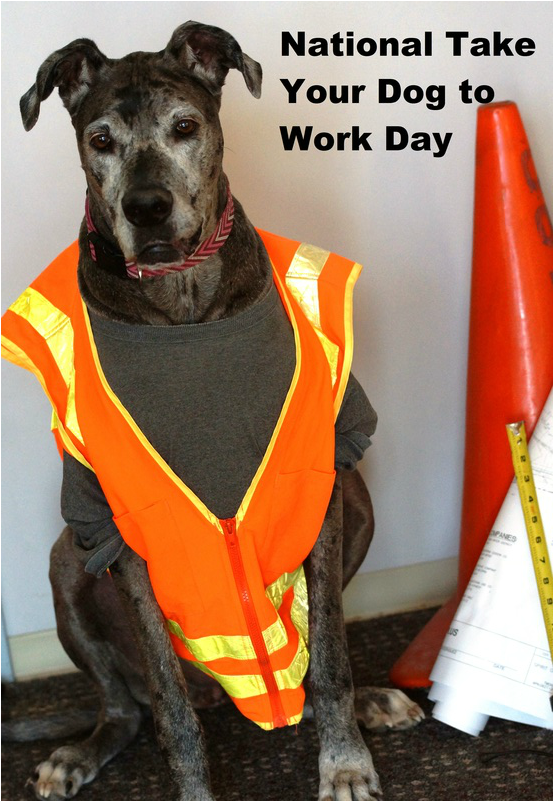NO. We all do it. The dog is jumping, chasing, chewing, stealing... we say NO and the immediacy of our tone stops the dog's behavior in its track. You have the dog's attention now. He's no longer doing the behavior you didn't like. You then turn your attention back to what you were doing.
0 Comments
I have recently received a lot of questions about the requirements and training for "companion animals". In the conversation what is really being referred to are Emotional Support Animals, or ESAs. ESAs require no special task training but do require a mental health care professional, (ie, a licensed therapist or psychologist) to certify the need for an ESA.
Education not intimidation. Utilizing science backed reward based training rather than unproven theories we create a learning experience that uses no intimidation, domination, punitive measures or aversives. This respectful method of training have been proven to create long term success integrating our beloved dogs into our family lifestyle and reducing the risk of behavior issues.
The tools we use are clickers, flat buckle collars, harnesses (front clip recommended) or head halters for assistance in training heavy pullers. Aversives such as prong collars, choke/check chains or electric collars are not allowed as they do not teach the dog the behavior we want and may actually cause a dog to become increasingly reactive if they associate the correction with their environment. Studies have shown these methods are likely to result in long term behavior challenges. As we start training we use the dog's first method of communication, body language. We utilize mostly hand cues with body language. Verbal cues are added after the behavior is performed correctly so that there are fewer chances for miscues. Eventually you will be able to ask for behaviors with either hand signals or verbal cues with consistent results. We start by luring the dog into the behavior we are asking for. Depending upon the dog and the requested behavior this may be done in increments. With each successful request we "mark" the behavior by either a click or one simple word, such as "yes" or "good". The "mark" is best given at the exact moment the behavior is performed correctly, like taking a picture of that moment. This becomes something the dog listens for to know when they successful. We then follow that "mark" with a reward. Reward simply means that something good that will follow an asked for behavior, similar to a human expecting a paycheck for doing their job. This reward is not always a treat although initially high value treats are recommended. Toys, life rewards (i.e., going outside, eating dinner, enjoying family life) and positive attention are other types of rewards and very important for maintaining these behaviors. We then incorporate these behaviors into our everyday life by asking for them when the dog might otherwise offer an unwanted behavior. As an example, if the dog ignore the jumping itself, even turning away to remove any attention which can be misconstrued by the dog as a reward. We then ask for the wanted behavior, such as a sit or down, and reward that with positive attention such as praise and petting. Spending a few minutes each day randomly asking for these new behaviors in different environments will help generalize them so that they become second nature to the handler as well as the dog. It is not recommended to due this when feeling frustrated or having a bad day as the dog will also become frustrated. Remember, in all of this, that dogs are very forgiving. When there is a goof we just back up and start again. The dog will follow our lead. With these tips we will be able to forge an amazing and life long relationship with our dogs. |
Ronda WarywodaCPDT-KA, UW-AAB Categories
All
Archives
July 2023
|

